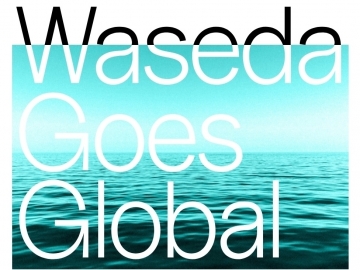早稲田大学スーパーグローバル大学創成支援事業 実証政治経済学拠点は、コロンビア大学政治学部Assistant Professorの江上尚輝先生をお招きして、12月7日木曜日(3限)に特別セミナーを開催いたします。江上先生は、政治学方法論を専門とされている、米国政治学で大活躍中の若手研究者でいらっしゃいます。以前、プリンストン大学でポスドクをされている際にも、本学でトークを行っていただきました。この機会に、是非ご参加ください。
【発表者】江上尚輝先生(コロンビア大学政治学部助教授)
【タイトル】Empirical Strategies Toward External Validity
【日時】12月7日(木) 13:10-14:50
【場所】早稲田キャンパス3号館606号室
【言語】 英語
【対象】早稲田大学学部生、大学院生、教職員、一般
【事前申込】不要
【要旨】
Over the last few decades, social scientists have developed and applied a host of statistical methods to make valid causal inferences, known as the credibility revolution. This trend has primarily focused on internal validity—researchers aim to unbiasedly estimate causal effects within a study. However, one of the most important long-standing methodological debates is about external validity—how scientists can generalize causal findings beyond a specific study. This question of external validity has a long history in the social sciences, going back to at least the 1960s, and it has recently become even more essential, given that huge opportunities and challenges of accumulating causal knowledge have become evident.
In this talk, I will discuss a unified pipeline for external validity, consisting of a framework, study design, and data analysis. First, I will introduce a framework of external validity (Egami and Hartman, 2022; APSR) that synthesizes diverse external validity concerns. Then, I will discuss how to design studies for external validity (Egami and Lee, 2023). In particular, I examine a question of the site/case selection, e.g., where should we run experiments, and which cases should we examine? I propose a general method to systematically select diverse study sites for external validity. This new approach, which I call synthetic purposive sampling, combines ideas from the synthetic control method in the causal inference literature and purposive sampling in the research design literature. It offers a new statistical foundation to design causal studies for external validity. I introduce our companion R package spsR (https://naokiegami.com/spsR). Finally, if time permits, I will also discuss how to assess the robustness of causal findings to external validity bias (Devaux and Egami, 2022). This measure of external robustness is particularly useful when researchers analyze randomized experiments that were designed without explicit external validity consideration.
【問合せ】多湖淳([email protected])・高橋百合子([email protected])
【主催】早稲田大学スーパーグローバル大学創成支援事業 実証政治経済学拠点









